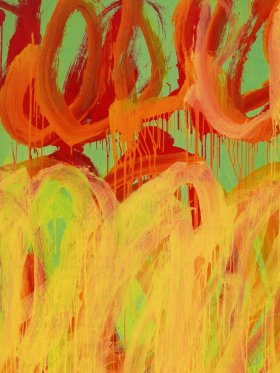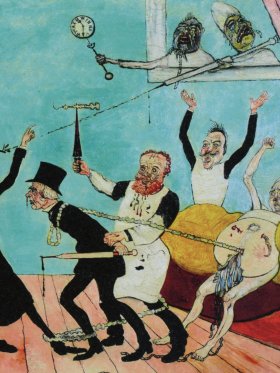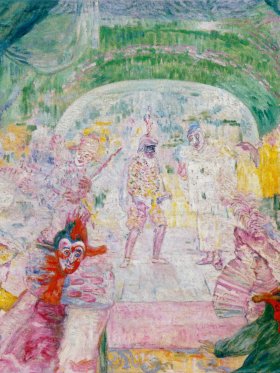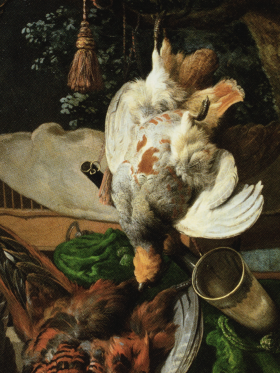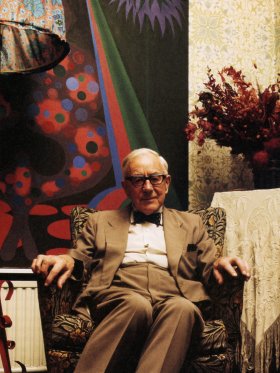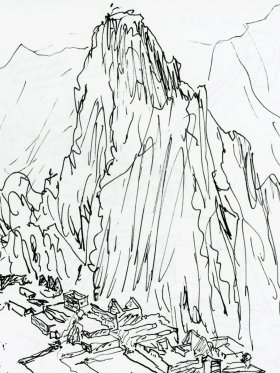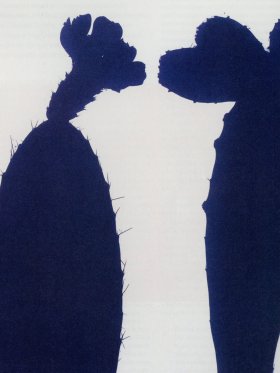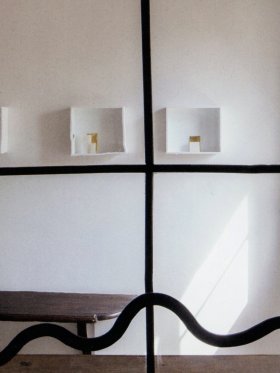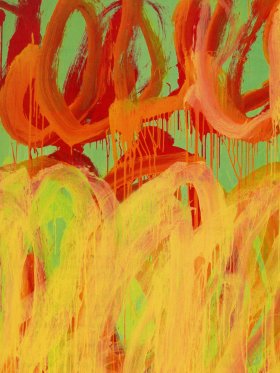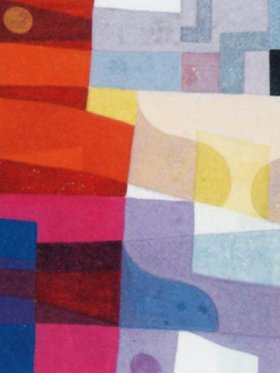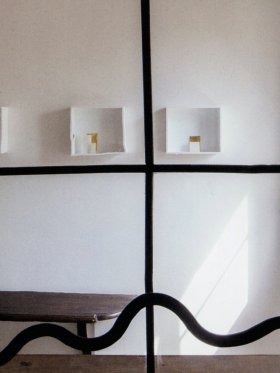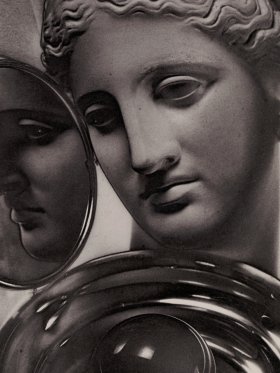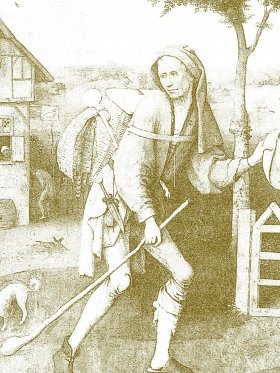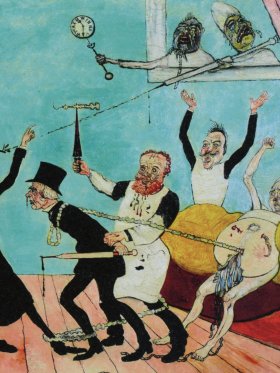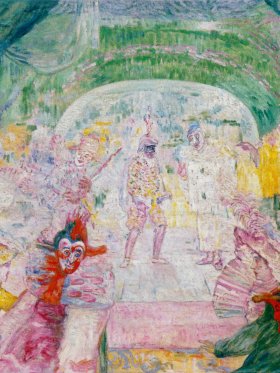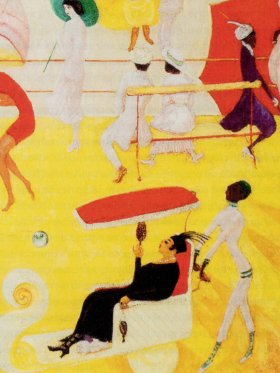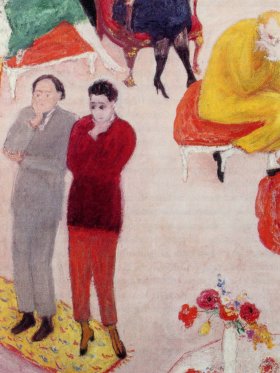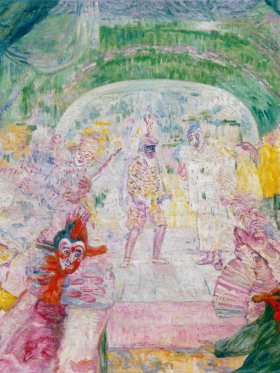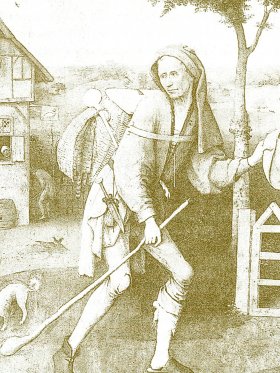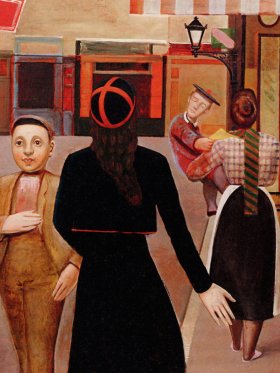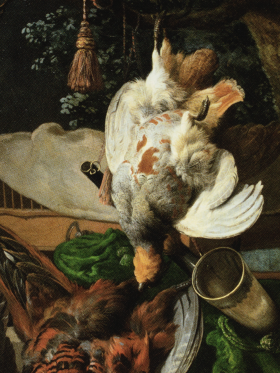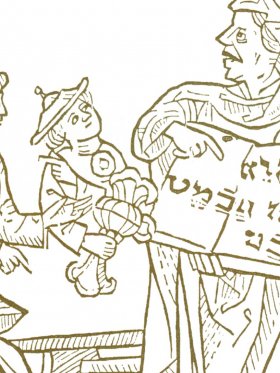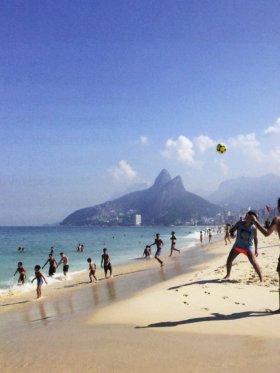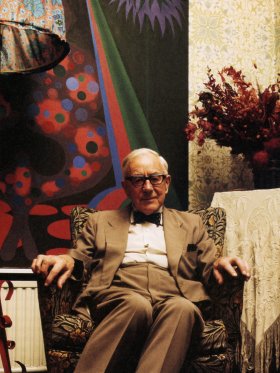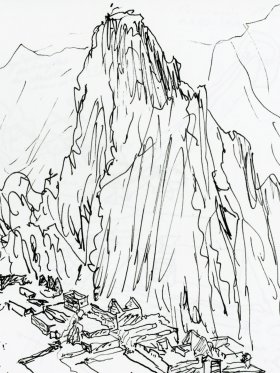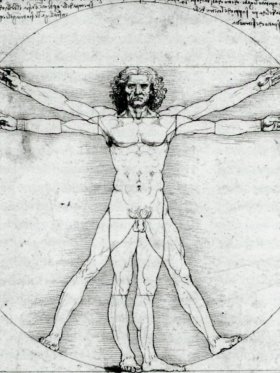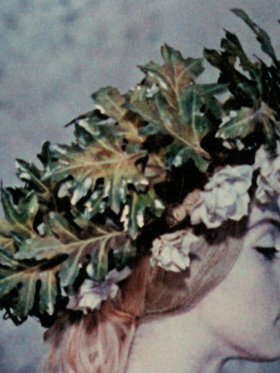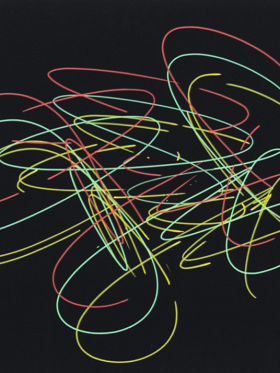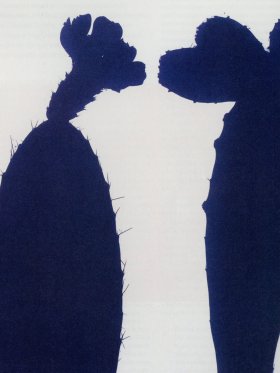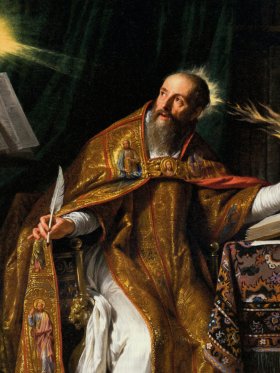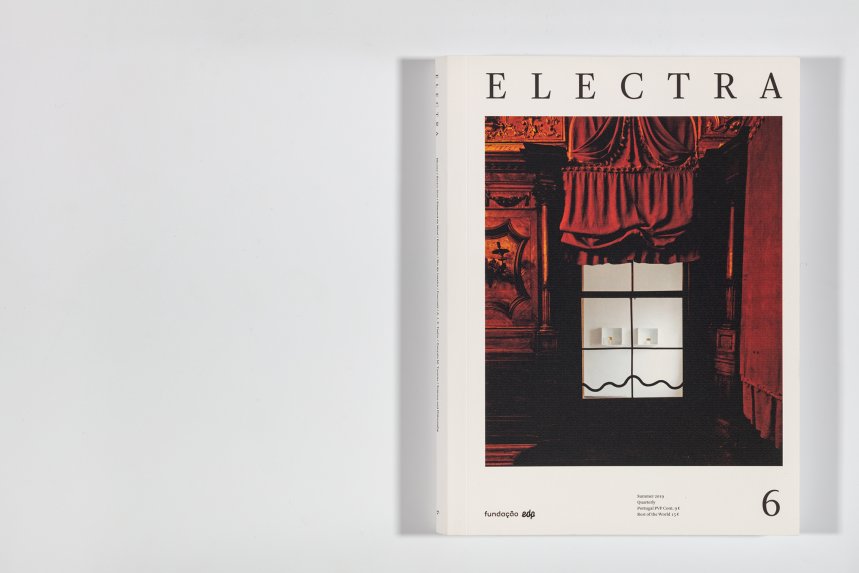
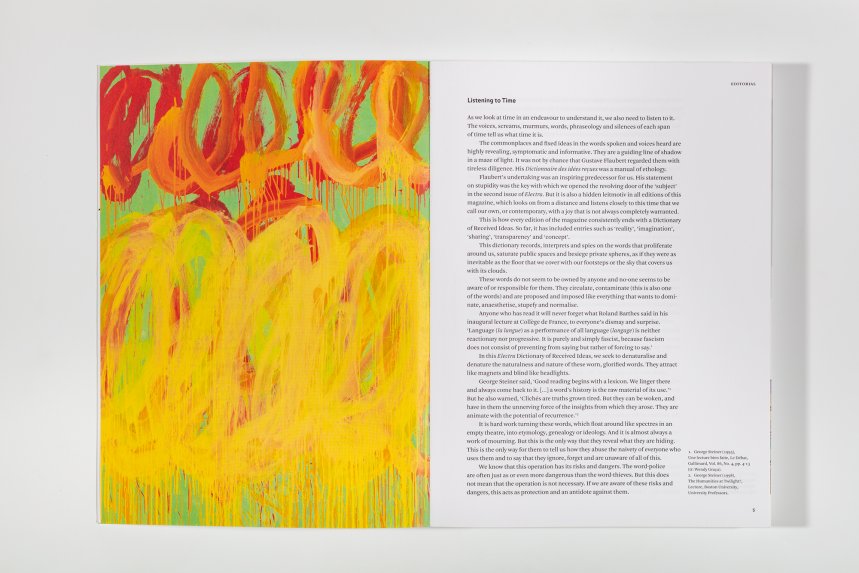
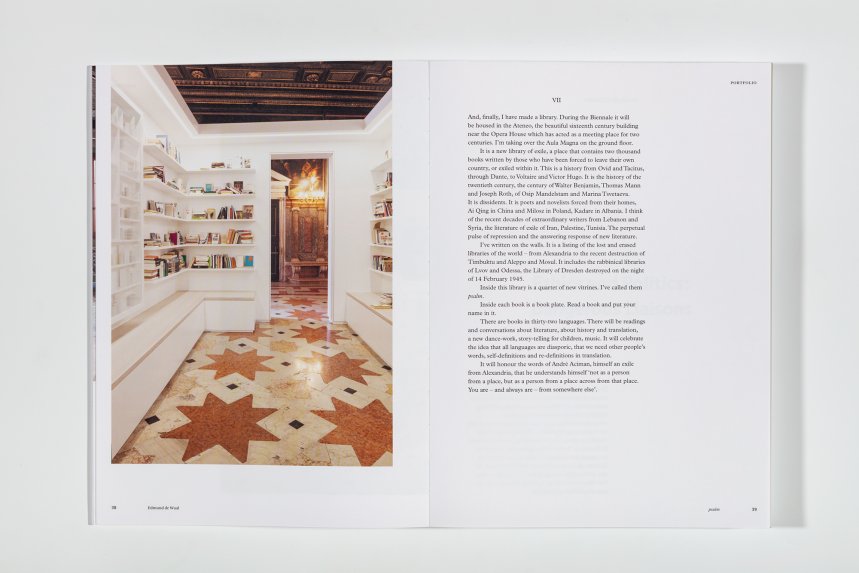
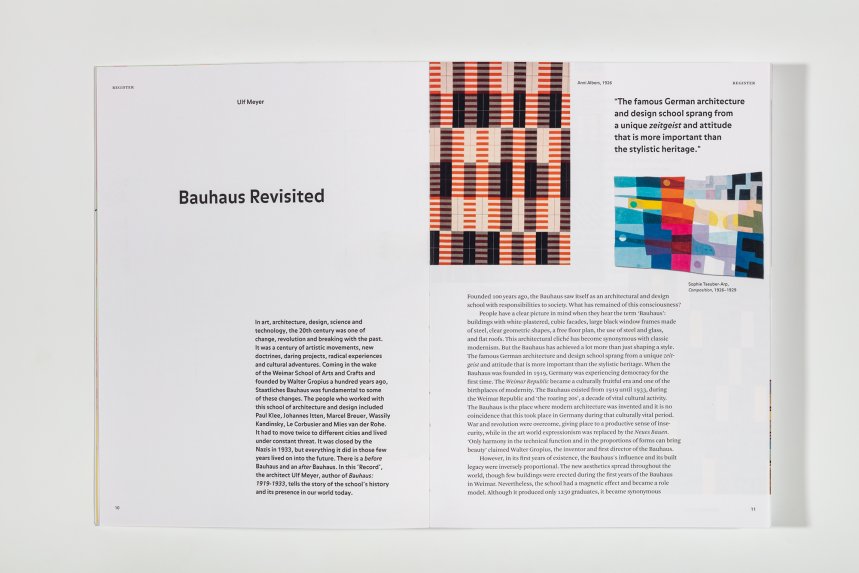
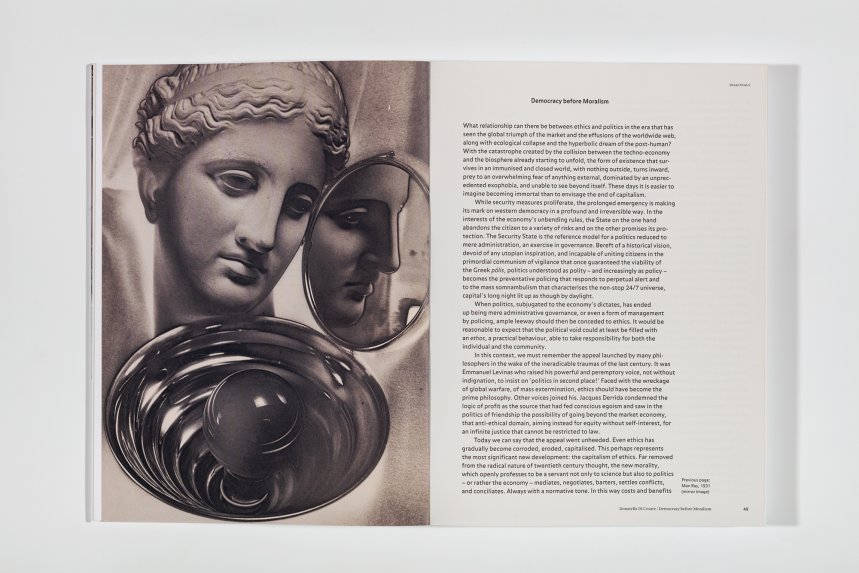
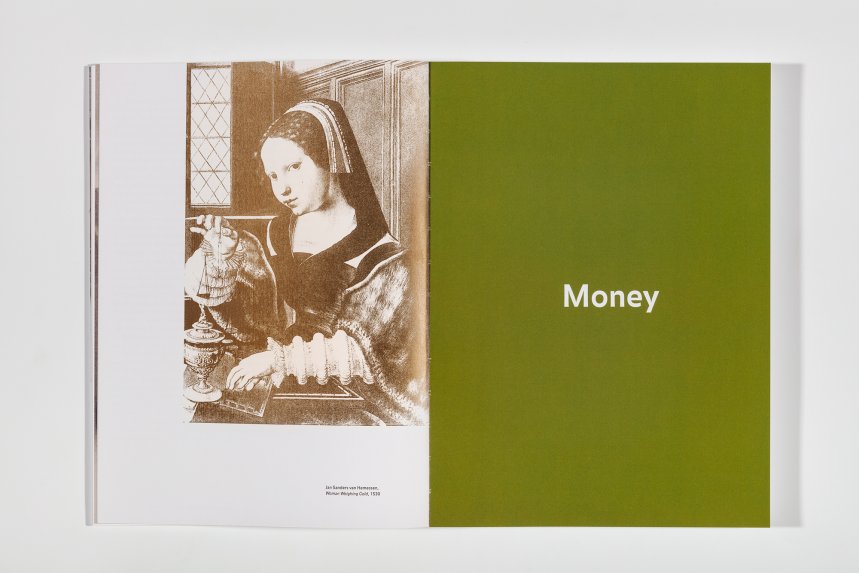
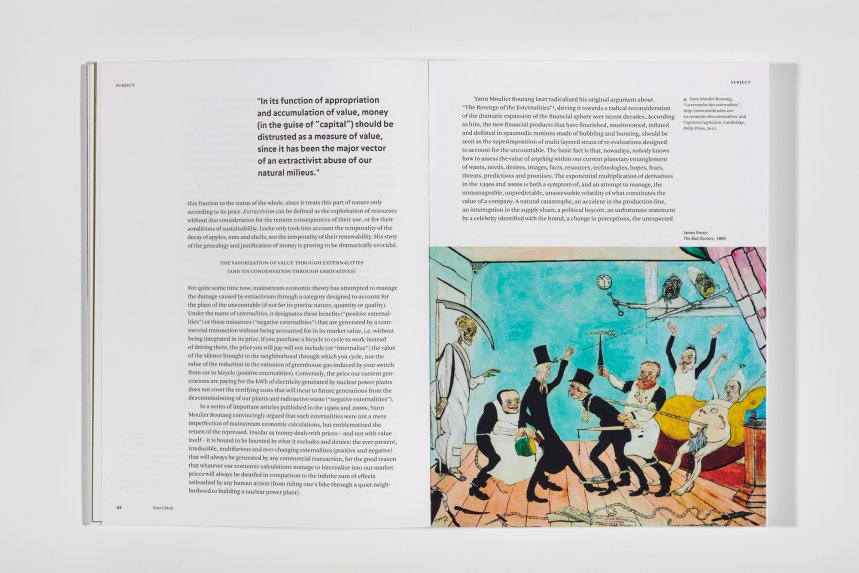
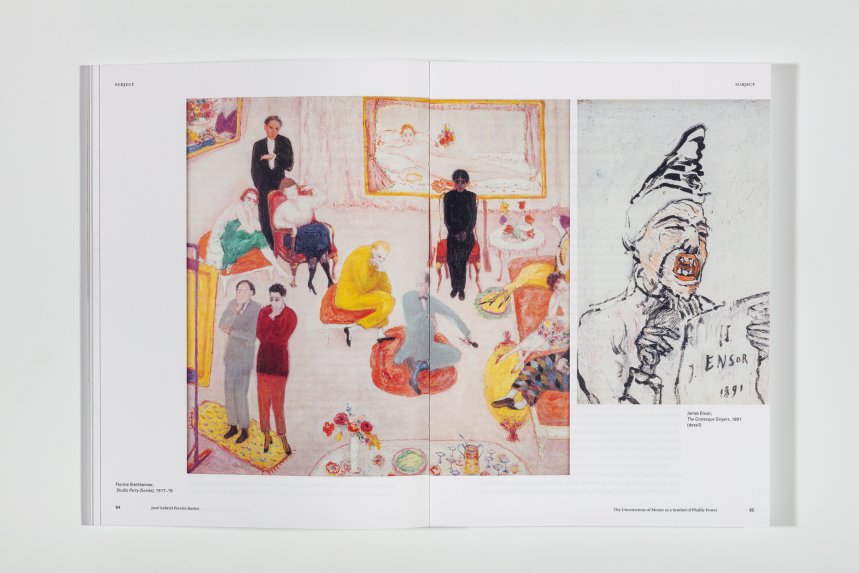
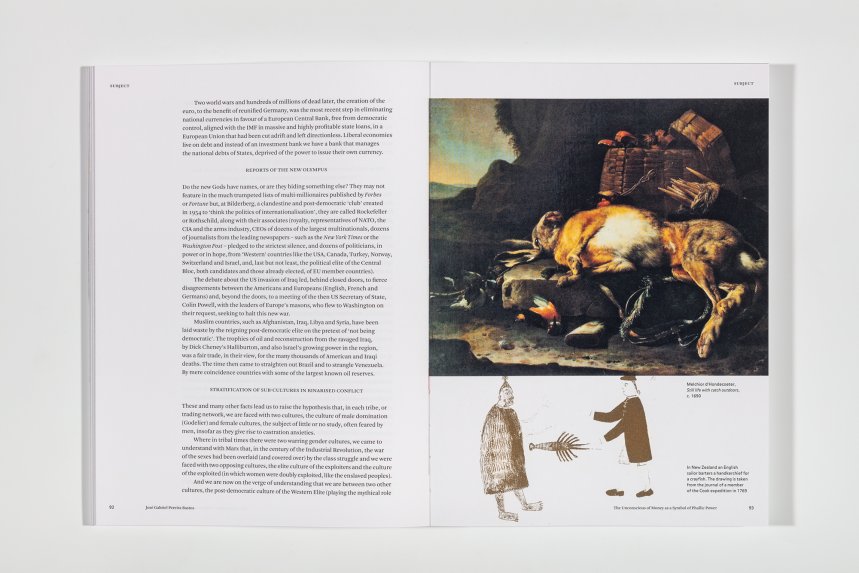
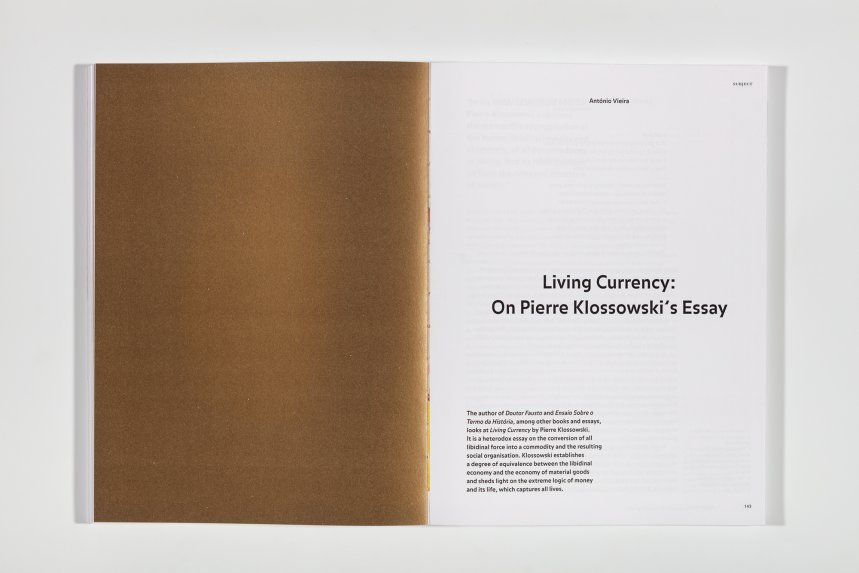
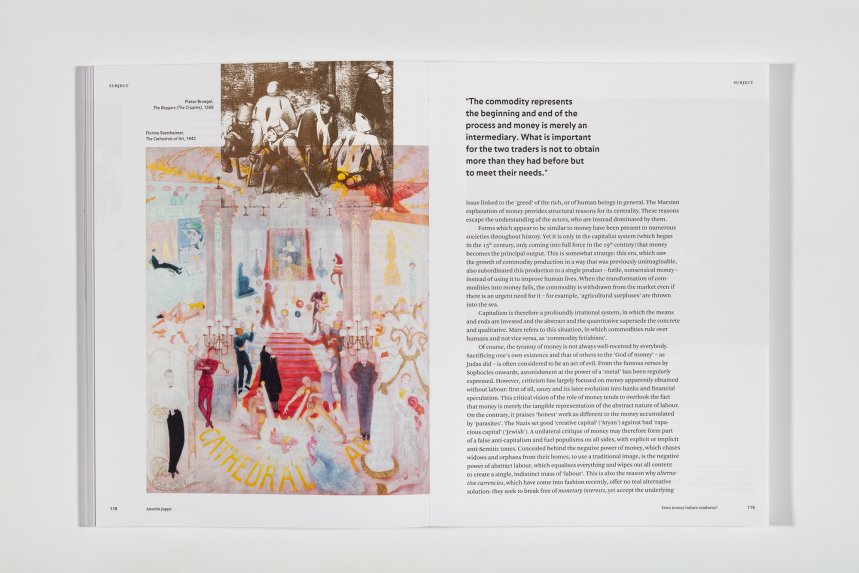
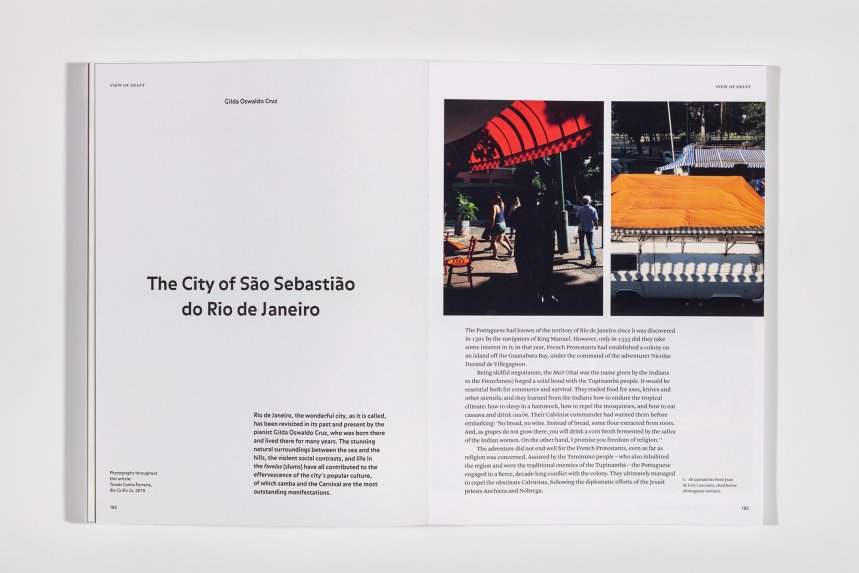
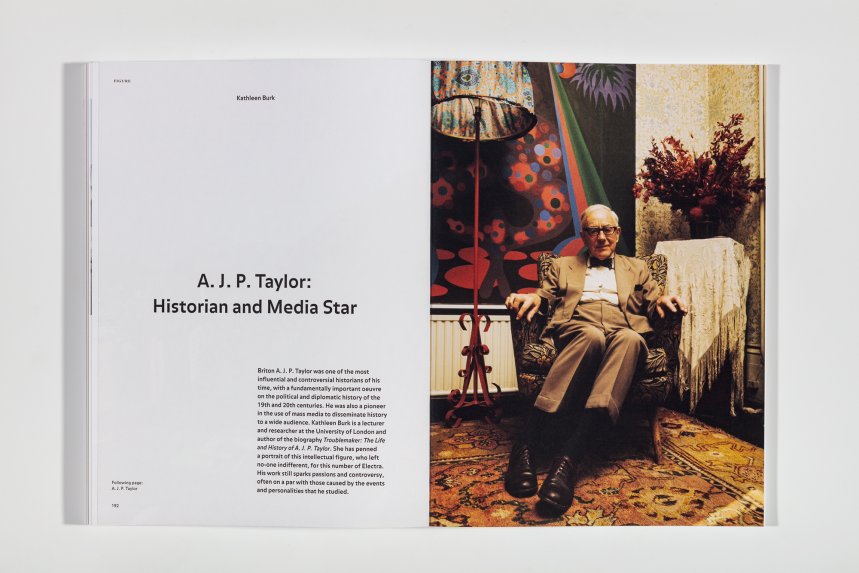
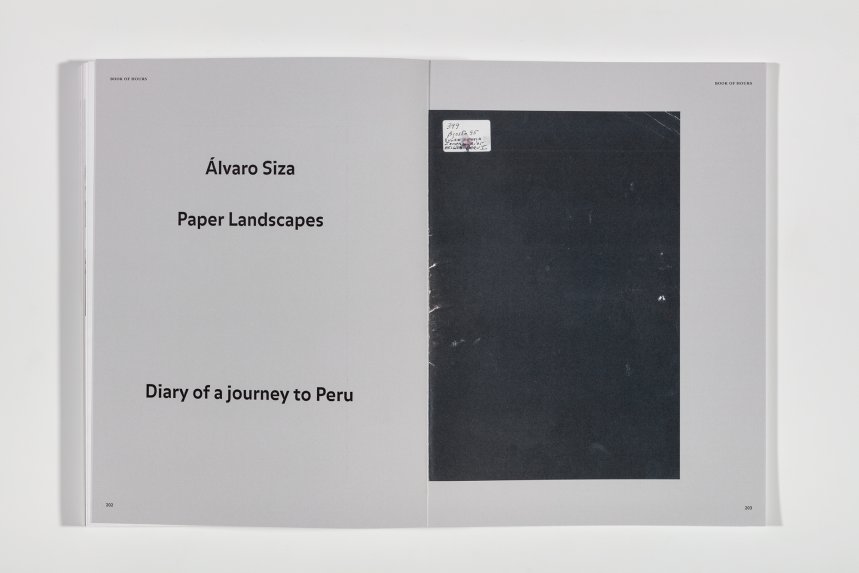
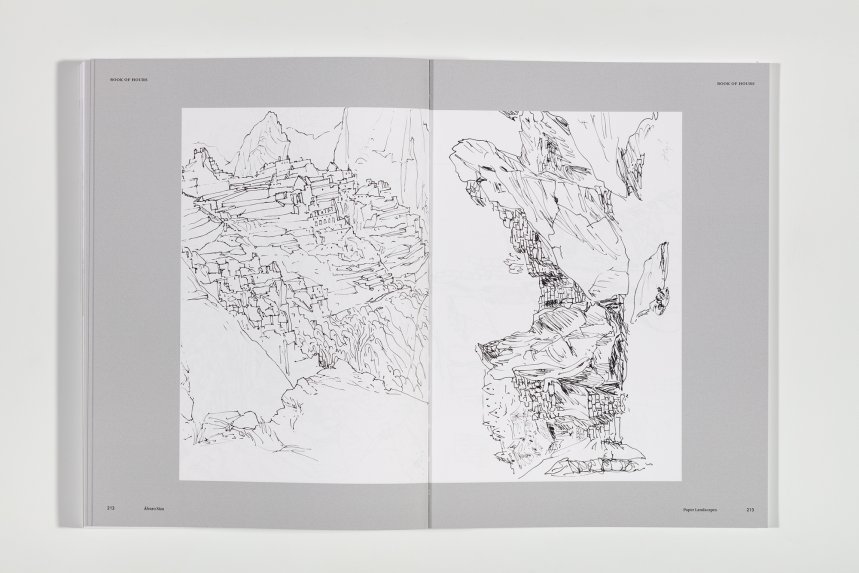
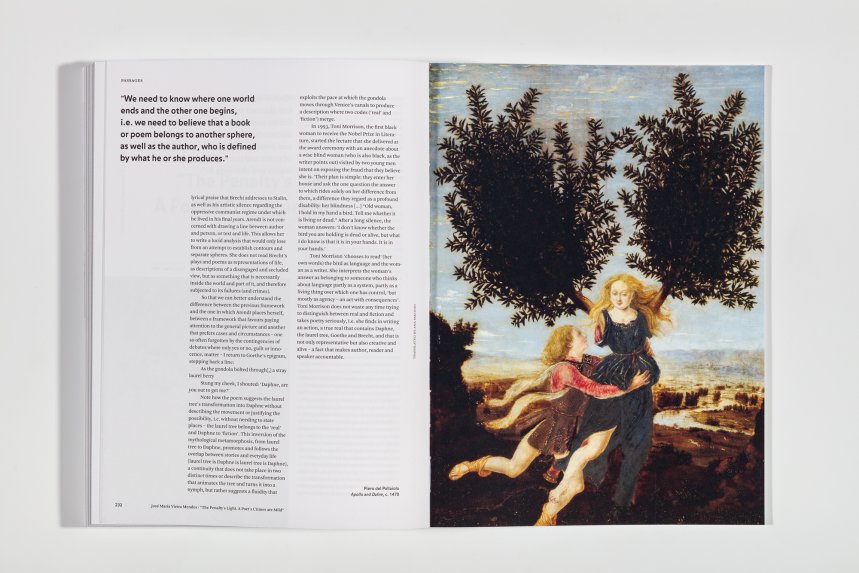
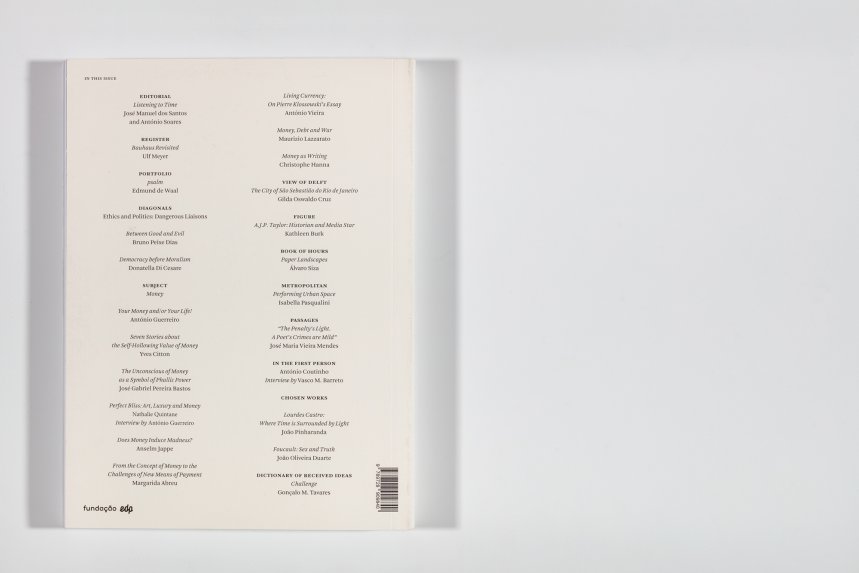
This issue’s dossier is about «Money». Because, as is mentioned in the introductory note, the power of money is everywhere, and determines everything – it’s the last shaman we can conjure up in this profoundly secularized world. Philosopher Yves Citton writes about the volatility of money; poet and essayist Christophe Hanna connects money and writing; sociologist and philologist Maurizio Lazzarato writes about currency, debt and war; anthropologist José Gabriel Pereira Bastos deciphers money through Anthropology and Psychoanalysis; António Vieira addresses Pierre Klossowki’s essay Living Currency; professor and economist Margarida Abreu writes about the inner workings of the monetary and financial system; philosopher Anselm Jappe questions whether money can lead to insanity; in an interview by António Guerreiro, Nathalie Quintane takes us through the territory of contemporary art, from its market to its institutions.
Electra 6 presents a portfolio by artist and writer Edmund de Waal, who also designed the cover for this issue, with images and texts about his exhibition held at the 2019 Venice Art Biennale, and an unpublished notebook by architect Siza Vieira which includes a visual journey of his trip to Peru.
This edition’s interviewee is António Coutinho, Portuguese scientist, internationally renowned immunologist and former director of Gulbenkian’s Science Institute. Over the course of a talk led by Vasco M. Barreto, he talks about science and its institutions, philosophy and politics.
In the section «Diagonal», Donatella di Cesare and Bruno Peixe Dias discuss the links between Ethics and Politics. Within the segment «Chosen Works», and based on the Lourdes Castro exhibition at the Occitania Museum, in Sérignan, art historian João Pinharanda opens new perspectives on the subtle work by the Portuguese artist, while João Oliveira Duarte analyses the long-awaited publication of the fourth volume of The History of Sexuality, by Michel Foucault.
Also in this issue, writer Gonçalo M. Tavares offers two different approaches to the concept of «challenge»; Kathleen Burk evokes A.J.P. Taylor, one of the most influential and controversial 20th-century historians; architect Ulf Meyer tells the story of the Bauhaus school’s history and its presence in our contemporary world; José Maria Vieira Mendes comments on a verse by Johann Goethe; Swiss architect Isabella Pasqualini addresses urban space as performance; Brazilian pianist Gilda Oswaldo Cruz revisits the history of the city of Rio de Janeiro.
